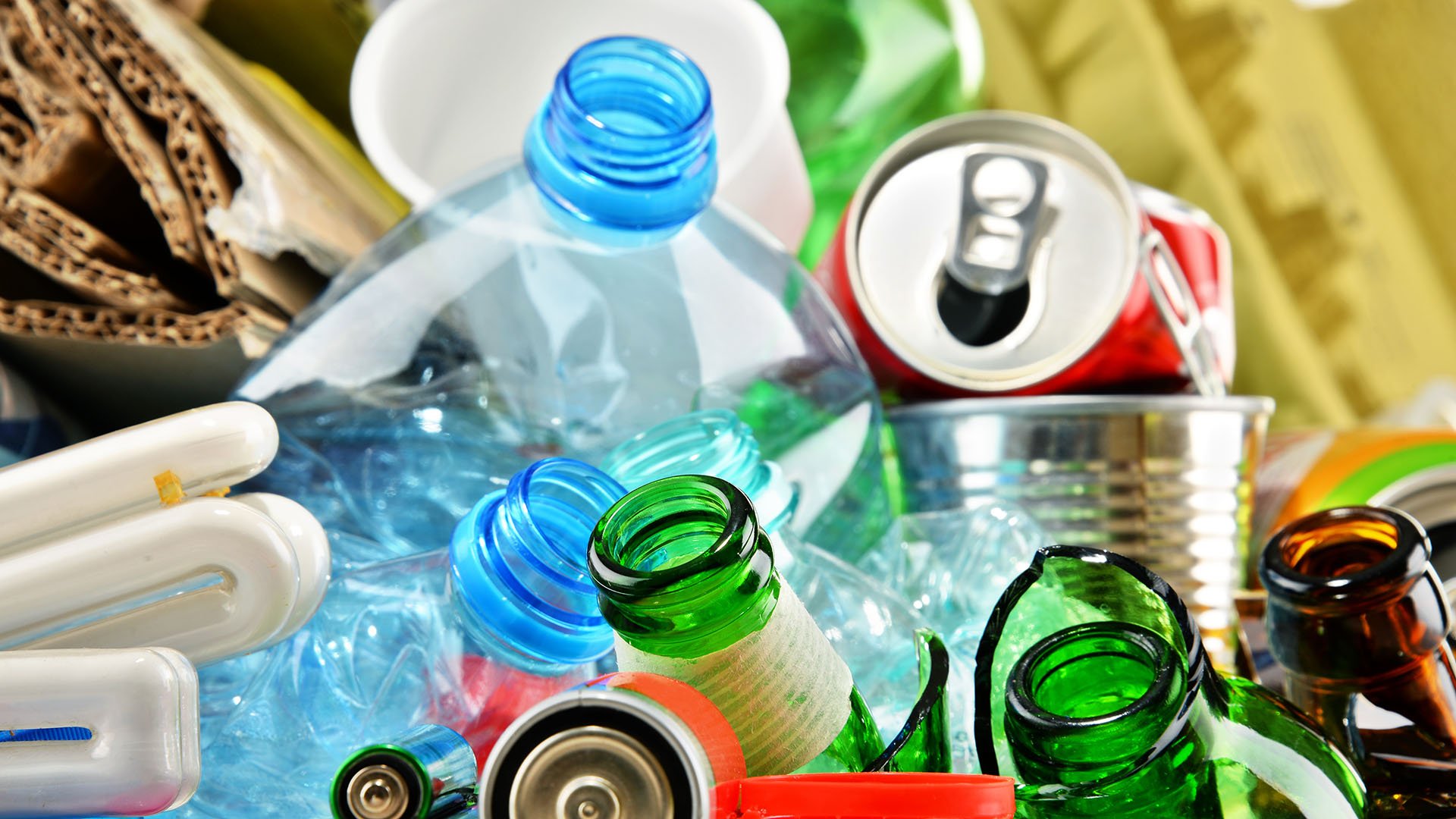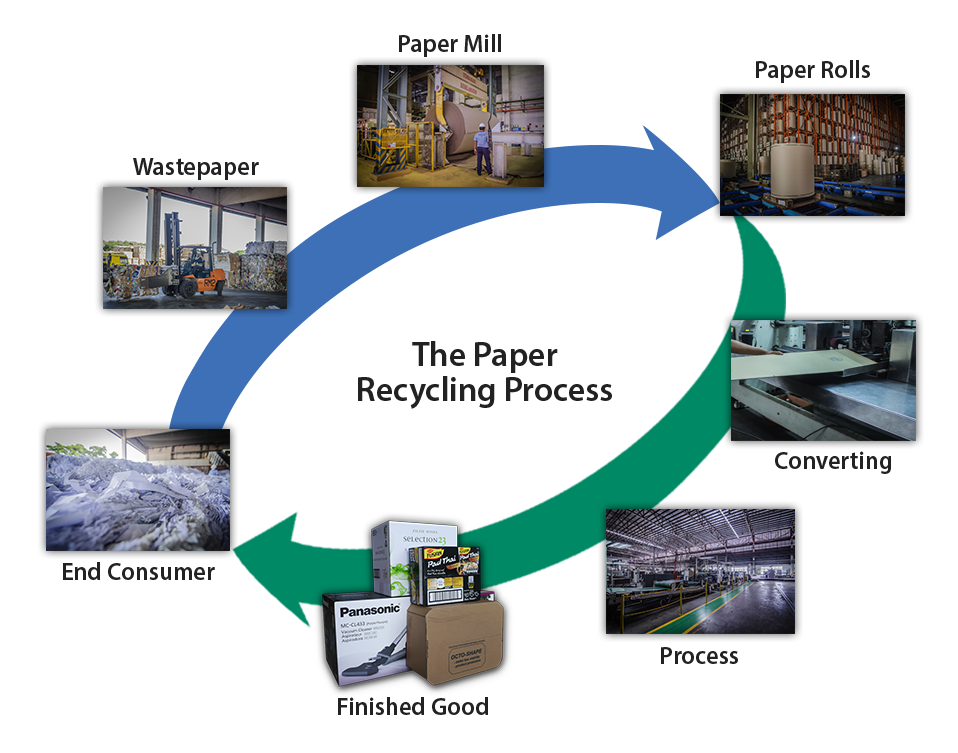Guidelines implementation must for proper management of medical waste
A hospital is the last resort of hope for sick people who expect to get better and heal. However, shortcoming on the part of the hospital staff and management could instead have an adverse effect on public health. According to the annual health report published by the Department of Health Services in 2000/2001, there are 74 hospitals, 172 Primary Health Care Units, 710 Health Posts and 3132 Sub-health Post run by the government across Nepal. The number of healthcare institutions has certainly surged in the recent years. All healthcare facilities are required to follow the ‘National Health Care Waste Management Guidelines’ prepared by the National Health Research Council (NHRC)


.png)

.jfif)
.jfif)
.jfif)

